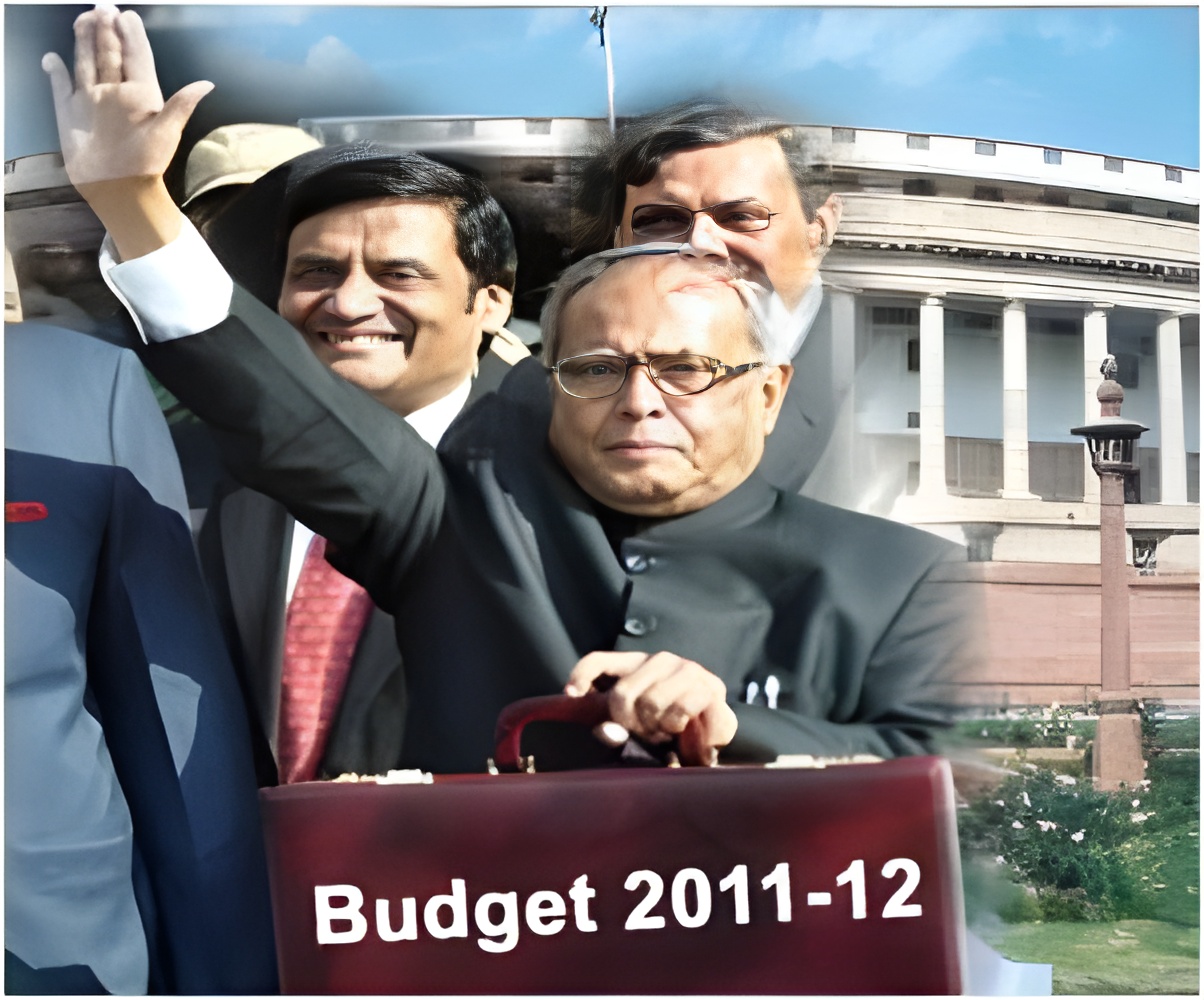Highlights of the union budget 2011-12.During his speech the finance minister said that the “union budget cannot be a mere statement of government accounts. It has to reflect the government’s vision and signal the policies to come in the future”.

Despite these convincing words of the FM, the budget has evoked mixed reactions, with some approving it and calling it a balanced budget and with others claiming to be disappointed by the budget as it has failed to address the needs of the common man.
Inflation has been plaguing our country for a while; our food inflation is the third highest in the world!! Yet very little has been done to contain it. Approximately 130 items, of common need, have been “taxed,” including packaged foods, instant foods, toothpowder and spectacles.
The budget has not done much to address the infrastructural needs either. All- in- all, the budget has managed to retain status quo, without a major upset.
Some consider the budget, 2011 as a reflection of a widening chasm between India’s reality and the ‘old mentality’ of those politicians who actually govern the country.
Nevertheless, there has been an effort to restrict deficit and government borrowing, and this is seen as a good move.
Some highlights of this year’s budget -
· There is a hike in budget allotment with regard to
Education (24%), infrastructure (23.3%) defense (11%)
Health (20%)
· The basic tax exemption limit has been increased for individuals from 1.6 to 1.8 lakhs and this means there is scope for additional savings for men. In the case of women it remains the same at 1.9 lakhs.
· The age limit of senior citizens has been brought down to 60 years from the previous 65 years and, our seniors now benefit from an increase in basic exemption to 2.5 lakhs.
Given the inflation this may not mean much.
· The service tax is 10%+cess. But more sectors will now be under the tax net.This hopes to align the tax structure across the country
· 1,121 crore has been allotted for sports
· The FM announced that the Food security bill is to be introduced this year in the parliment
Budget and Health sector
The medical fraternity is a totally disappointed lot after the deliverance of this year’s budget. Although the The total allocation for the health sector has been hiked to Rs 26,760 crore from Rs 23,530 crore last year – there is not much for them this year in the budget. Most of the money is diverted to rural healthcare programmes of the government. Routine immunization programme gets a small boost from Rs 417 crore to Rs 511 crore while pulse polio immunisation has been reduced by half from Rs 1017 crore to Rs 663 crore. The Government's flagship National Rural Health Mission (NRHM) has seen a hike in its budget allocation from Rs 2100 crore to Rs 2356 crore.
Medical bills are expected to go up by 5 -10% in drugs and medical equipments. Homeopathy medications cost too would go up.
Due to the increase in service tax, there is also bound to be an increase in cost of diagnostic tests and doctors’ service.
The medical insurance premium is also likely to increase for the common man though he did mention about the Rashtriya Swashthya Bima Yojana In his speech - "The Rashtriya Swashthya Bima Yojana has emerged as an effective instrument for providing a basic health cover to poor and marginal workers. It is now being extended to MGNREGA beneficiaries, beedi workers and others,"
Hospitals with more than 25 beds, or those with air conditioning, will now be charging more for their services.
This not only affects those patients who are supported by by health insurances and corporate sectors but also affects individual patients.
Overall there has been total disappointment from the medical fraternity.
Source-Medindia
 MEDINDIA
MEDINDIA


 Email
Email





